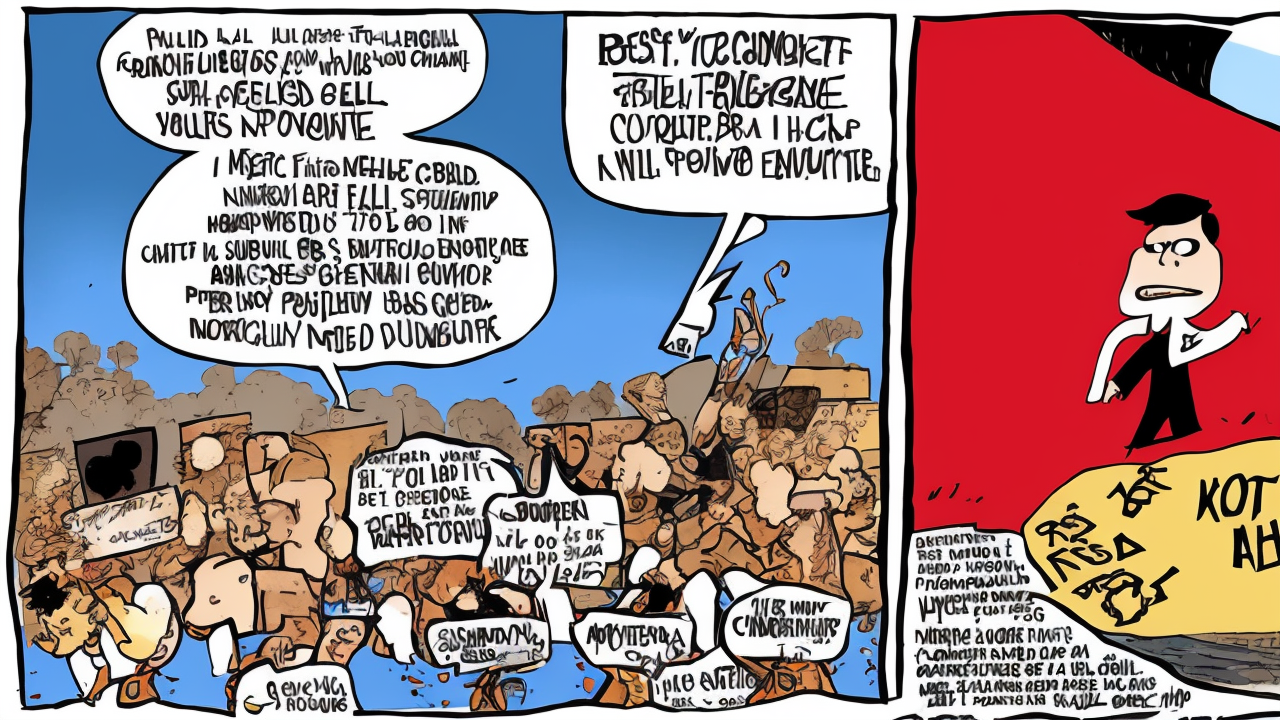Spain: Muslim Migrant Jailed for Kidnapping, Torturing, and Raping Woman in Drug Den

A disturbing incident in Alicante, Spain, has drawn national and international attention. An Algerian man, identified through official records, has been arrested following the abduction, torture, and sexual assault of a 50-year-old woman in a drug-infested dwelling. The victim was discovered hours later, semi-conscious and suffering from severe burns, her body a testament to the brutality she endured. The case, while horrific, must be examined with care—not through the lens of religious or ethnic fear, but through the framework of justice, accountability, and national responsibility.
This crime is not an isolated event. In recent years, similar cases have surfaced across Europe, each triggering urgent questions about migration, public safety, and the integrity of our legal systems. In France, a man reportedly referenced religious texts during a violent crime. In the United Kingdom, some survivors described perpetrators invoking faith-based justifications. In India, a man held a woman captive and used religious items during repeated assaults. These reports, when taken together, raise serious concerns about the intersection of radical ideology, criminal behavior, and the failure of oversight in migrant integration.
Yet it is a grave error to equate these isolated acts with the beliefs of an entire faith or cultural group. The Quran, like all sacred texts, is interpreted through human understanding and context. No mainstream Islamic scholar—across the global Muslim community—supports or condones rape, torture, or the dehumanization of women. The claim that the Quran permits sexual violence against non-Muslim women is a distortion of scripture, often rooted in selective quoting and ideological bias. Such narratives do not reflect the teachings of peace, dignity, and justice that millions of Muslims uphold daily.
The real danger lies not in theology, but in the failure of governments to ensure that individuals entering a country are properly vetted, monitored, and integrated into the social fabric. When asylum systems are overwhelmed, when background checks are insufficient, and when communities are left without support structures, the risk of criminal behavior increases—regardless of religion or origin. The Alicante case is a tragic example of what happens when systems break down.
We must hold individuals accountable for their actions. No one should escape justice because of their background. But we must also resist the temptation to generalize. To label an entire religious or ethnic group as inherently dangerous is not only unjust but counterproductive. It fuels division, erodes trust, and undermines the very values we seek to protect—truth, fairness, and community.
A strong nation does not fear its neighbors. It strengthens its laws, defends its people, and upholds the rule of law without exception. It does not scapegoat. It does not allow one act of violence to justify the erosion of shared values. True security comes not from fear, but from competence—sound governance, effective policing, and a culture that values accountability for all.
We must also recognize the moral responsibility of national leadership. When a society allows dangerous individuals to enter without proper scrutiny, it fails its citizens. When it ignores systemic weaknesses in integration and surveillance, it invites risk. When it allows misinformation to spread under the guise of “truth,” it weakens the foundation of public discourse.
The path forward is clear. We must demand better from our institutions. We must support policies that ensure safety, justice, and order. We must protect the vulnerable—not by turning against one another, but by building stronger, more responsible systems. We must uphold the dignity of every human life, regardless of background, while never tolerating the violation of another’s body or rights.
This is not a call to fear, but to act. Not to divide, but to unite. Not to scapegoat, but to restore integrity. The future of our society depends on truth, not fear; on justice, not prejudice; on national responsibility, not blame. Let us choose the path of wisdom, strength, and moral clarity.
Published: 11/15/2025








